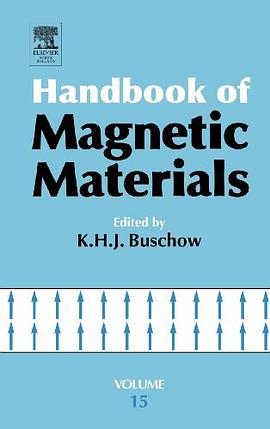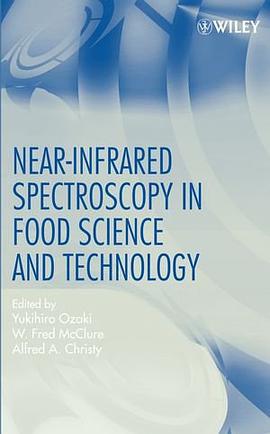

具體描述
The paradox of knowability, derived from a proof by Frederic Fitch in 1963, is one of the deepest paradoxes concerning the nature of truth. Jonathan Kvanvig argues that the depth of the paradox has not been adequately appreciated. It has long been known that the paradox threatens antirealist conceptions of truth according to which truth is epistemic. If truth is epistemic, what better way to express that idea than to maintain that all truths are knowable? In the face of the paradox, however, such a characterization threatens to undermine antirealism. If Fitch's proof is valid, then one can be an antirealist of this sort only by endorsing the conclusion of the proof that all truths are known. Realists about truth have tended to stand on the sidelines and cheer the difficulties faced by their opponents from Fitch's proof. Kvanvig argues that this perspective is wholly unwarranted. He argues that there are two problems raised by the paradox, one that threatens antirealism about truth and the other that threatens everybody's view about truth, realist or antirealist.The problem facing antirealism has had a number of proposed solutions over the past 40 years, and the results have not been especially promising with regard to the first problem. The second problem has not even been acknowledged, however, and the proposals regarding the first problem are irrelevant to the second problem. This book thus provides a thorough investigation of the literature on the paradox, and also proposes a solution to the deeper of the two problems raised by Fitch's proof. It provides a complete picture of the paradoxicality that results from Fitch's proof, and presents a solution to the paradox that claims to address both problems raised by the original proof.
著者簡介
圖書目錄
讀後感
評分
評分
評分
評分
用戶評價
相關圖書
本站所有內容均為互聯網搜索引擎提供的公開搜索信息,本站不存儲任何數據與內容,任何內容與數據均與本站無關,如有需要請聯繫相關搜索引擎包括但不限於百度,google,bing,sogou 等
© 2025 book.quotespace.org All Rights Reserved. 小美書屋 版权所有




















